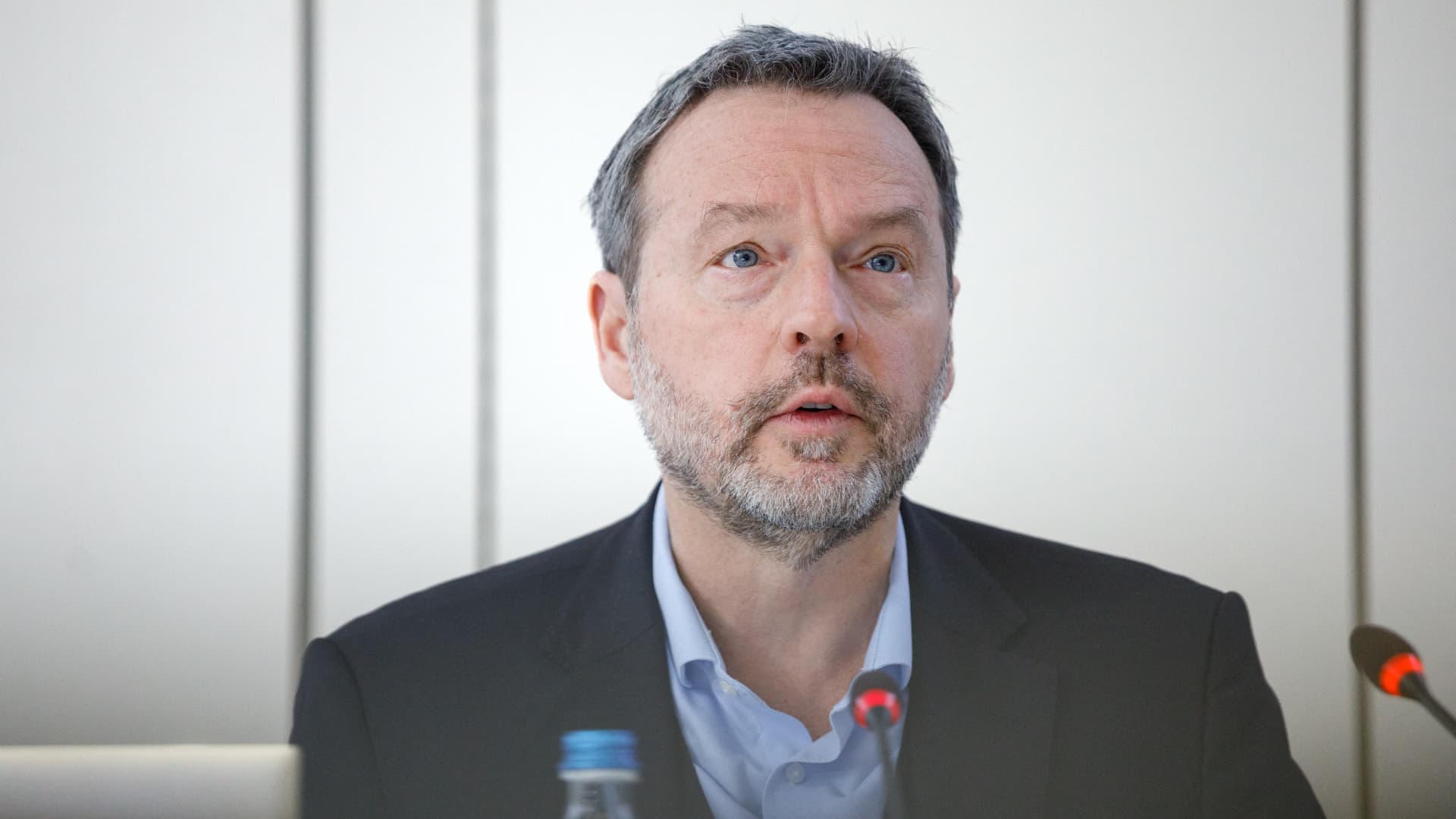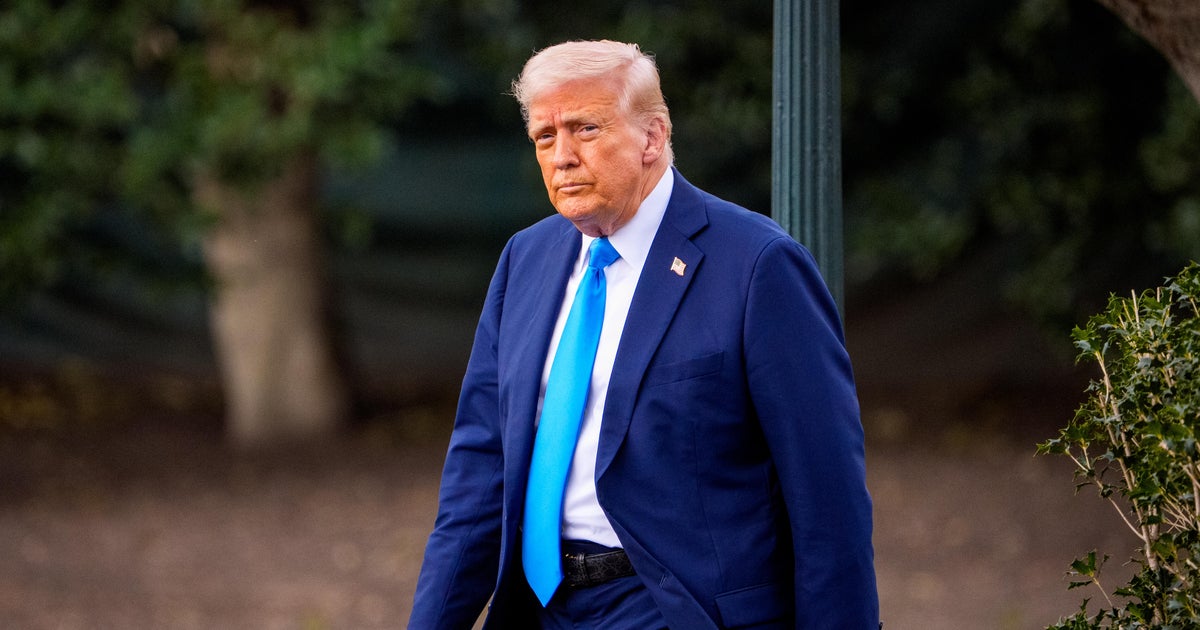
Trump’s tariffs are making the ECB’s interest rate path ‘more complicated,’ policymaker says
U.S. President Donald Trump’s tariff policies are making the path ahead for European Central Bank interest rates “more complicated,” according to Pierre Wunsch, member of the ECB’s Governing Council.
“We were going in the right direction. And I was actually quite relaxed,” he told CNBC’s Karen Tso on Thursday on the sidelines of the IIF Europe Summit in Brussels.
“If we forget tariffs …. we were going in the right direction. Then the question was more a question of fine tuning of the pace of cuts and where we land,” Wunsch said. “I was like, you know, inflation might be the boring part of [20]25, and [20]25 is not a boring year. But if you add tariffs to the equation, it’s becoming more complicated,” he said.
Wunsch, who is also the Governor of the National Bank of Belgium, said tariffs would be “bad for growth” and “probably” inflationary, but noted that the exact impact remains uncertain and will depend any potential retaliation and on how exchange rates react to duties.
His comments come a day after Trump announced 25% tariffs on all cars “not made in the United States,” effective as of April 2. In a post on Truth Social, Trump on Thursday also threatened to place “far larger” tariffs on the European Union and Canada if they were to work together to resist duties from the U.S.
These are just the latest developments in Trump’s trade policy turmoil, which has seen a slew of tariffs announced — and at times postponed, amended or abolished, as negotiations and counter measures have also come into play.
April 2 is set to be a key date for a wide range of duties to come into effect, although recent comments from Trump and his administration have signaled that adjustments could be made and the duties could be more lenient than originally indicated.
Interest rate decisions ahead
The ECB will make its next interest rate decision on April 17 soon after the tariffs are scheduled to come into effect. Markets were last pricing in a roughly 79% chance of a 25-basis-point interest rate cut from the ECB next month, according to LSEG data.
By then, Wunsch said the central bank could have a rough idea of the impact of tariffs, which could influence the ECB’s decision making. However, he said he “wouldn’t put too much focus on April,” as trade policy would have a medium-term impact.
The central banker on Thursday left the door open for all possible actions from the ECB regarding interest rates — further cuts, a hike, or a pause.
“I think the likelihood is still limited that we would have to hike, but there might be a case for a pause,” he said.
“If tariffs have an inflationary impact and a negative impact on growth, it’s going to be a difficult equation, and we might have to consider a pause. I’m not pleading for one, but I think it should be part of the discussion,” he said.










